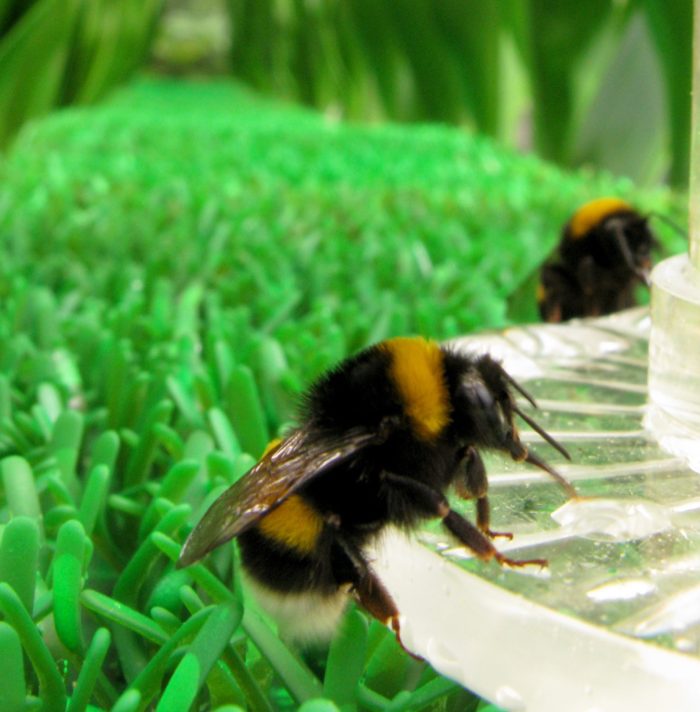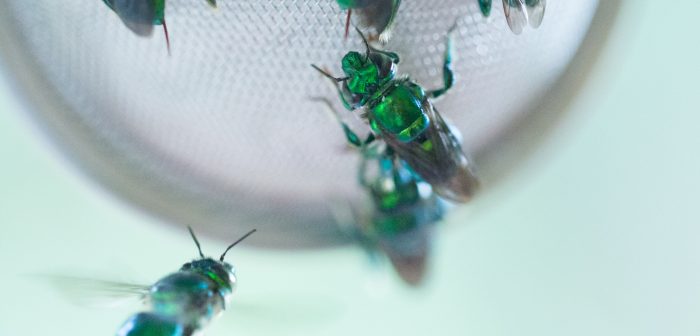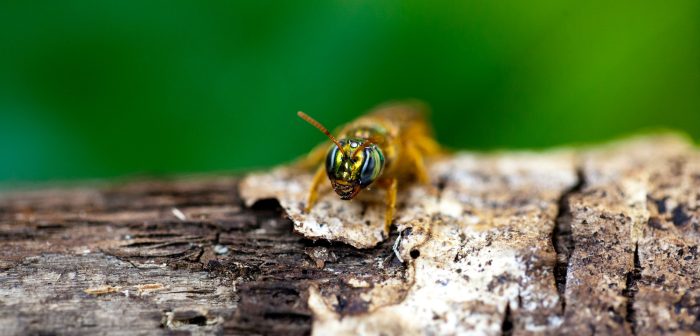WHY ARE INSECTS IMPORTANT?
LEARN MORE ABOUT OUR CURRENT RESEARCH
Flying insects are fascinating creatures that, despite their miniature brains, can navigate through complex, changing environments. Their amazing mini-brain, with less than a million neurons, allows them to remember complex routes and visual patterns and they demonstrate the capacity for learning more abstract concepts. We work on a range of projects centred on comparative sensory ecology using a range of anatomical, physiological and behavioural methods. Current projects include understanding the sensory basis of foraging in a range of key pollinator species including bumblebees and butterflies, exploring the sensory and neural mechanisms behind learning and memory in these species and elucidating the mechanisms behind dung beetle navigation.
What happens to our most valuable pollinators as the Earth’s temperature increases due to global warming? That’s what the INSECT research group at the Department of Zoology at Stockholm University want to find out.
Watch the news video posted by Stockholm University where they interview Dr. Emily Baird about the challenges bumblebees will face in the near future.



